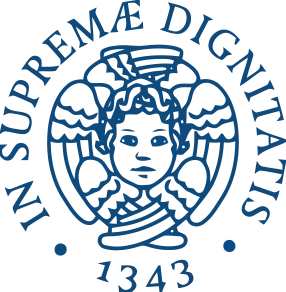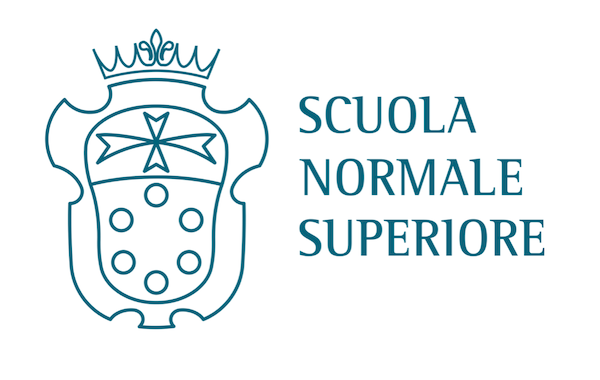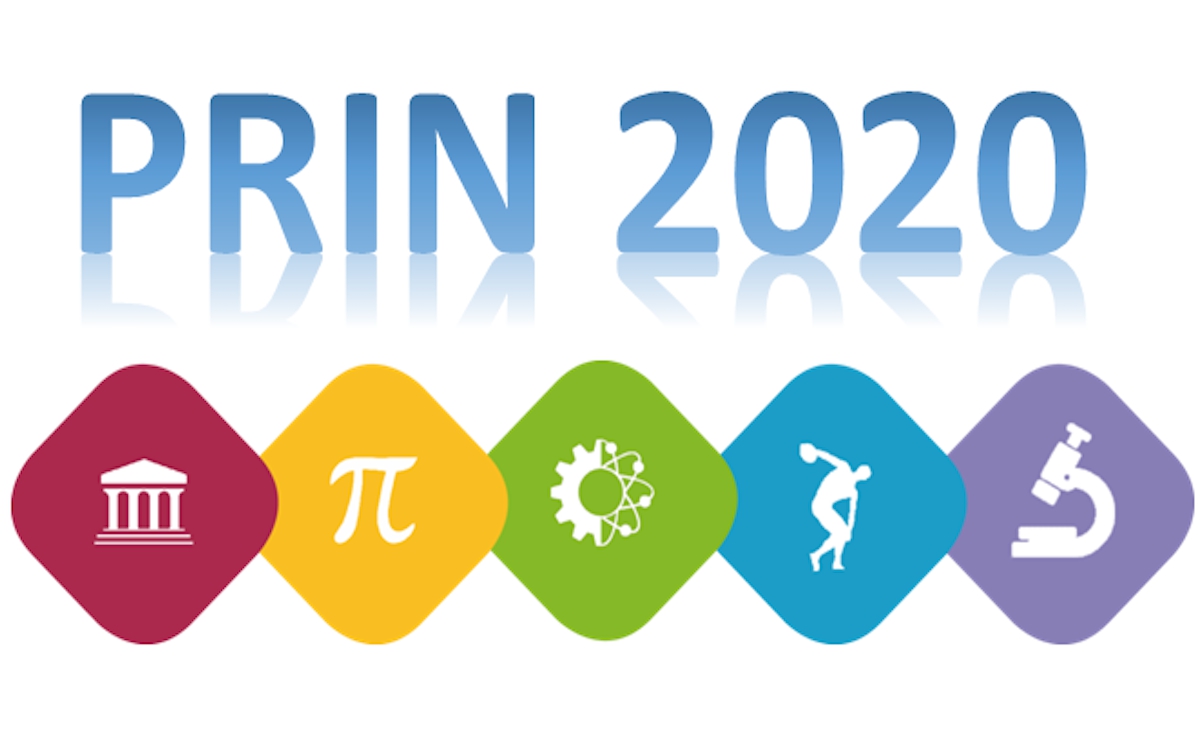Geometry and Arithmetic of Moduli Spaces
Aula Magna
Department of Mathematics, University of Pisa

The workshop aims at bringing together experts and researchers interested in geometric and arithmetic aspects of moduli spaces and stacks, in a broad sense. It will consist of four mini-courses of three hours each, and six research talks, pertaining to recent advances in this general area.
It will take place at the Department of Mathematics of the University of Pisa, Italy.
We have limited funds to support the accommodation of Ph.D. students and young postdocs: please inform us in the registration form if you need support.
Deadline for Registration: May 15, 2022
Deadline for Requesting Support: April 30, 2022
Lecturers.
Jarod Alper (University of Washington)
Fabrizio Andreatta (Università Statale di Milano)
Emmanuel Letellier (Université Paris Cité)
Arne Smeets (Katholieke Universiteit Leuven)
Speakers.
Eloise Hamilton (University of Cambridge)
Marc-Hubert Nicole (Université Caen Normandie)
David Rydh (KTH Stockholm)
Amos Turchet (Università degli Studi Roma 3)
Maria Valentino (Università della Calabria)
Paul Ziegler (TU Munich)
Organizers.
Andrea Bandini, Francesco Sala, Tamás Szamuely, Mattia Talpo
The Workshop is organized with the support of Scuola Normale Superiore, Pisa, and Progetto di Ricerca di Ateneo 2020, no. 40, funded by the University of Pisa, and by PRIN 2020 (no. 20208FCTCA).



